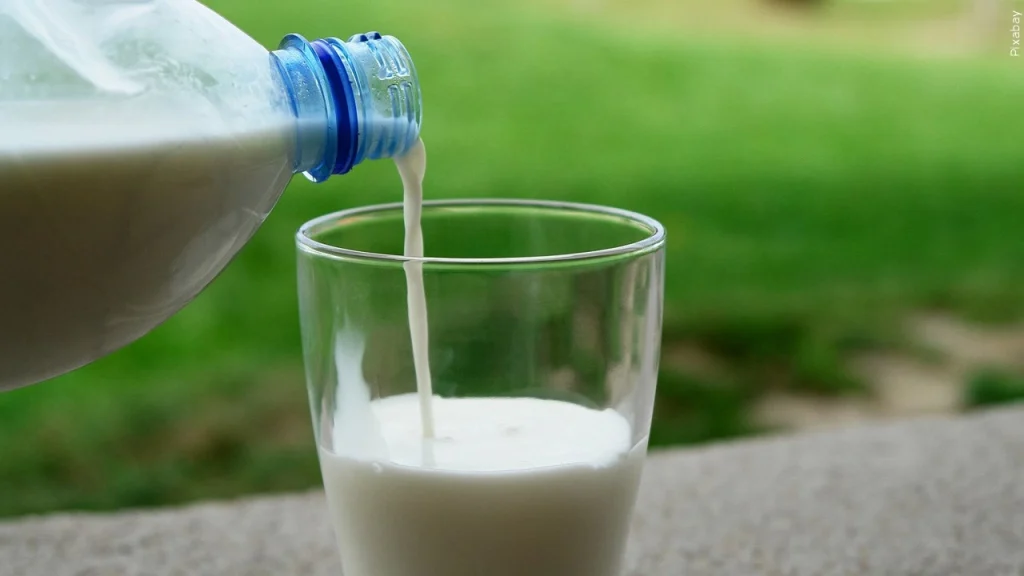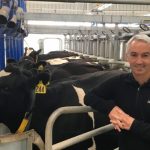
Last month, FDA officials issued guidance that says plant-based beverages don’t pretend to be from dairy animals and that U.S. consumers generally understand that those products do not contain milk.
Since the time plant-based drinks have hit the shelves, dairy producers have called the FDA to crack down on plant-based drinks and other products that coin the term “milk.”
“They’re not milk. Milk comes from a lactating animal. Almonds don’t lactate. Soybeans don’t lactate, so they’re plant-based beverages,” said Pat Daninger, the owner of Autumnwood Farm.
“My grandparents moved here in 1902,” Daninger said. “It’s the love of what we’re doing. It’s an older purpose. We’re feeding people nature’s most nearly perfect food.”
Danginger explained that they milk over 100 cows a day and have a total of 250 cows on the farm. He said it took years and generations to build up the milk reputation which is why he’s disappointed by the milk labeling of plant-based products.
“It’s at least mildly annoying to have the truth obfuscated,” he said. “When you purchase something you should know what it is by what it says on the label.”
Mykel Bickham with the Minnesota Milk Producers Association says “mislabeling” products can confuse consumers.
“By using the term milk, it really confuses consumers and makes them think that that product does have the same nutritional profile as milk and that is just not the case,” Bickham said.
The FDA received more than 13,000 comments already stating that consumers aren’t confused by the difference. The federal guidance also recommends that plant-based products labeled with the term “milk” in their names have a nutrient composition that is different than milk, include a voluntary nutrient statement that conveys how the product compares with the milk based on USDA’s Food and Nutrition Service fluid milk substitutes nutrient criteria.
“These statements will help consumers make informed dietary choices when it comes to understanding certain nutritional differences between plant-based products that are labeled with ‘milk’ in their names and milk,” stated the FDA.
The National Milk Producers Federation, an industry trade group, praised the call for extra nutrition information on drink labels, but said they don’t support the FDA’s conclusion that plant-based drinks can be called milk because it’s a “common and usual name.”
Farmers are now looking to congress for help. Wisconsin Sen. Tammy Baldwin introduced the Dairy Pride Act last week.
In an email to KSTP, Sen. Baldwin said:
“America’s dairy farmers produce second-to-none products with the highest nutritional value and for too long imitation dairy products have gotten away with using dairy’s good name without meeting those standards. This legislation respects the hard work of our dairy farmers by requiring the FDA to enforce its own standards of identity for dairy products by barring plant-based alternatives of lesser nutritional value from using labels like milk, cheese and yogurt.”
The FDA is accepting online or written comments on the draft guidance up until April 24.























